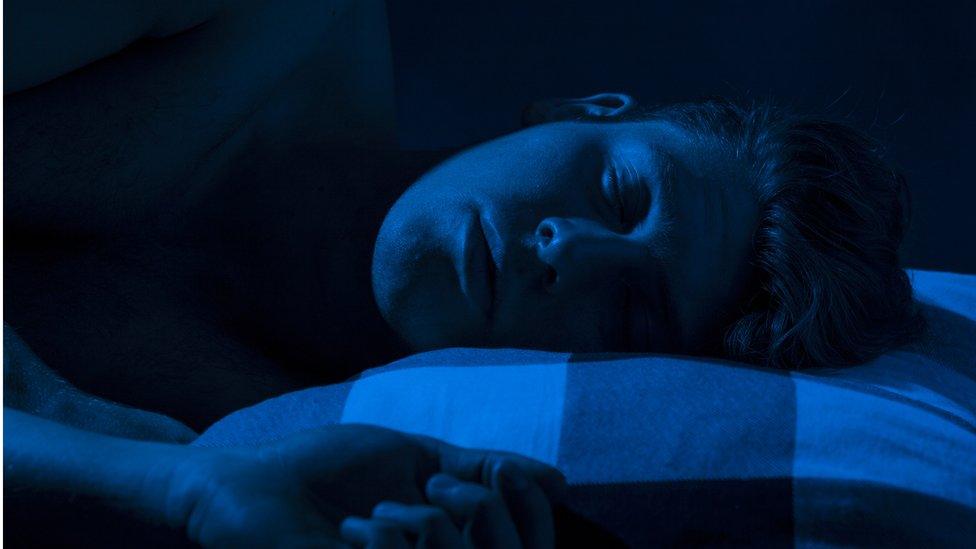Overnight carer back pay scheme 'unaffordable'
- Published

Care providers have dismissed a government scheme to tackle a problem over back pay for overnight shift staff as a "suicide note".
The charity Mencap said the government was sacrificing the wellbeing of the most vulnerable in society and putting the jobs of low-paid staff at risk.
Ministers said the scheme had been designed to help ensure workers were paid what they were owed.
But charities say the bill for six years of extra pay is unaffordable.
The Department for Business (BEIS) said it was introducing a new compliance scheme for social-care providers that might in the past have incorrectly paid workers who stayed overnight for sleep-in shifts below the legal minimum wage.
The row developed when Revenue & Customs (HMRC) said it would pursue employers for six years' worth of back pay, totalling Β£400m.
It said workers were owed the minimum wage for every hour of an overnight stay at residential care homes.
Previously employers had been given the all-clear by the government to pay sleep-in staff a flat rate of about Β£30.
The minimum wage each hour would take that pay up to about Β£60.
Services cutback
Mencap, which runs residential housing units for people with serious learning disabilities, and most other providers of care to vulnerable people, have started paying the legal minimum wage to sleep-in staff, but they say the bill for six years of back pay is unaffordable.
They have previously said they might have to pull out of some services if the bill is enforced.
The government has now announced that employers will be able to opt into a new social-care compliance scheme giving them a year to determine what they owe to workers, backed by advice from HMRC.
Enforcement action for the back pay will be launched against those who do not sign up.
In a statement, a government official said: "The scheme has been designed to help ensure workers are paid what they are owed, while also maintaining important services for people who access social care."
Ministers said they were continuing to explore options over financial support to help care providers fund back pay for staff.
No reassurance
Derek Lewis, chairman of Mencap, said the deal "completely fails to give any reassurance to people with a learning disability that their homes and care are secure and to carers that their jobs are not under threat".
He added that smaller providers might be reluctant to sign up without any assurances about funding, concerned "they will be writing their own suicide note".
The Voluntary Organisations Disability Group said "the sleep-in crisis remains critical and unresolved" and that the government's plans "fall well short of what is necessary to remove the continuing, damaging uncertainty".
Learning Disability Voices, representing charity providers, said it was "a fudge with potentially disastrous consequences for some of the most vulnerable people in our society".
The Scottish government has already funded local authorities to raise fees paid to care providers to cover the minimum wage for sleep-ins. It has said this will be increased to the higher level of "the real living wage".
- Published6 September 2017
- Published19 July 2017